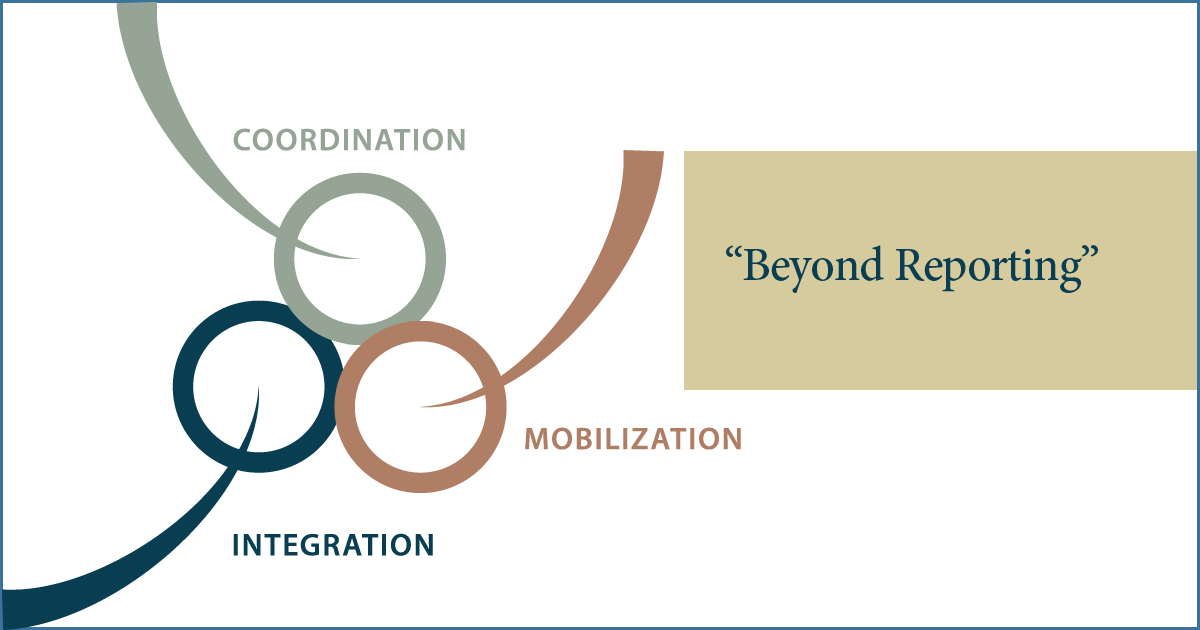Beyond Reporting
Using Data as a Performance Management Tool

This brief is the fourth in a five-part series documenting the implementation of an economic mobility initiative supported by the Change Capital Fund (CCF), a consortium of New York City donors formed to invest in local community development corporations that undertake data-driven antipoverty strategies integrating housing, education, and employment services. CCF set out to build the capacity of its grantees, local community development corporations (CDCs), to use data for performance management. This entails moving beyond simply tracking the services that participants receive, which presumably every nonprofit organization does in some form, to following participants’ progress in real time, so the staff can analyze program data and results and make adjustments as needed to maximize program effectiveness.
CCF, like other community initiatives influenced by the collective impact framework, promotes the use of program data as a tool for continuous learning and program improvement. One of the core tenets of the collective impact approach is making information “actionable.” This approach can be a challenge to community initiative grantees, because it requires that they overcome a perception, shaped and reinforced by decades of standard funder-grantee reporting practices, that data are solely for reporting outcomes, and begin to view data as a tool to help them reach an ultimate program or organizational goal. Put simply, data can inform practice. What makes CCF unusual compared with other community initiatives is its investment in building the capacity of its grantees to use data for performance management.
This brief describes the challenges of altering staff perceptions of data’s purpose and provides examples of how grantees have begun using data for program improvement. It discusses the critical role of funders in this work and identifies the specific assistance that CCF has provided to the grantees to make their data capacity-building efforts possible.







